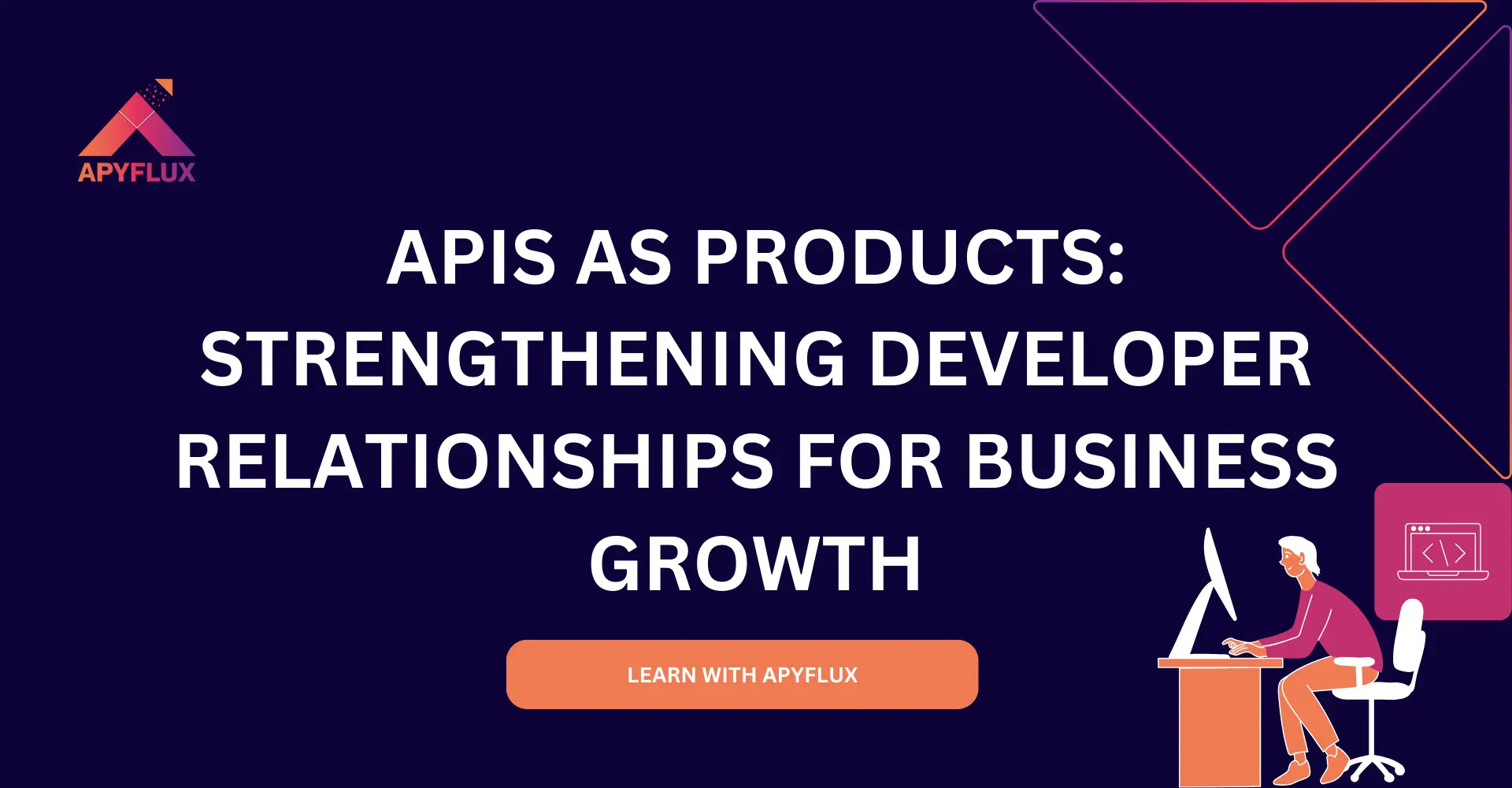
In the rapidly evolving digital economy, APIs (Application Programming Interfaces) play a crucial role in facilitating seamless software integration and innovation. However, for APIs to truly succeed, fostering strong relationships with developers is essential. This is where treating APIs as products becomes a game-changer. By adopting a product-centric approach, businesses can enhance usability, improve engagement, and position their APIs as valuable assets in the API ecosystem.
When APIs are managed as products, they are designed with the end-user in mind—offering intuitive documentation, seamless integration, and ongoing support. This not only strengthens developer relationships but also aligns with the concept of API as a business. Platforms like API Marketplaces and free API communities further drive engagement, making APIs more accessible to a wider audience.
Traditionally, APIs were viewed as backend components meant for internal use or limited external integration. However, with the rise of API Marketplaces and the API economy, APIs are now treated as full-fledged products with business value. This means that APIs are built, marketed, and managed with a customer-centric mindset, ensuring a seamless developer experience.
Several API products for enterprises have transformed industries by making integration simpler and more efficient. Some notable examples include:
One of the most effective ways to foster strong developer relationships is through vibrant, engaging communities. A free API community provides a space for developers to collaborate, share insights, and seek support, ultimately driving innovation and adoption.
The Power of API Marketplaces in Community Building An API Marketplace acts as a centralized hub where developers can explore, test, and integrate APIs. By listing APIs in an API Marketplace, businesses can:
Effectively managing developer relationships involves proactive engagement, clear communication, and continuous support. Here are key strategies:
Developers rely on comprehensive documentation to integrate APIs seamlessly. Essential elements include:
An API Marketplace serves as a bridge between API providers and developers. Listing an API in a marketplace offers several advantages:
A great example is Apyflux API Marketplace, which provides a seamless platform for businesses to showcase APIs, attract developers, and drive API adoption.
To maintain relevance and competitiveness, APIs must continuously evolve. Aligning APIs with business growth strategies ensures long-term success.
Keep APIs up-to-date with industry standards. Address security vulnerabilities and optimize performance.
Ensure APIs can handle high traffic volumes and complex workflows. Offer advanced features tailored for API products for enterprises.
Integrate APIs into broader business strategies. Use APIs as revenue-generating products through subscriptions or usage-based pricing.
Strong developer relationships are the backbone of a successful API strategy. By treating APIs as products, businesses can enhance usability, foster engagement, and drive long-term adoption. Leveraging API Marketplaces like Apyflux and engaging with a free API community further amplifies developer outreach and trust.
In the modern digital economy, API as a business is not just a concept—it’s a critical growth strategy. APIs are no longer just technical tools; they are pivotal assets that fuel innovation, collaboration, and enterprise success. Whether you're a startup or a large enterprise, focusing on API relationships is key to unlocking the full potential of the API ecosystem.
Hi there!
Let's help you find right APIs!